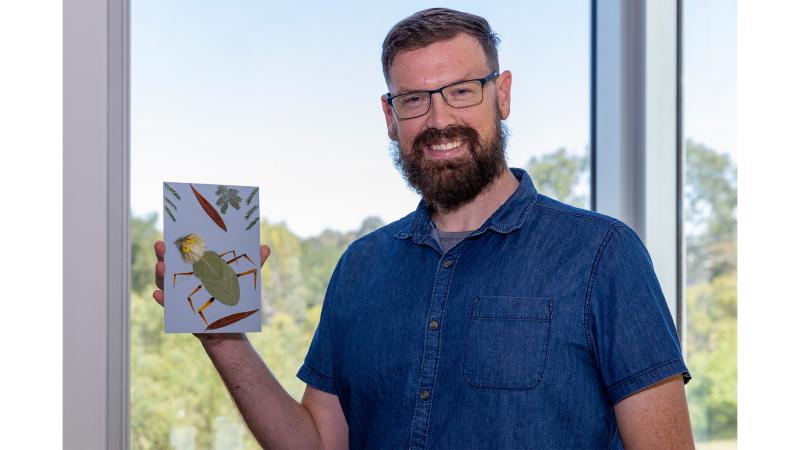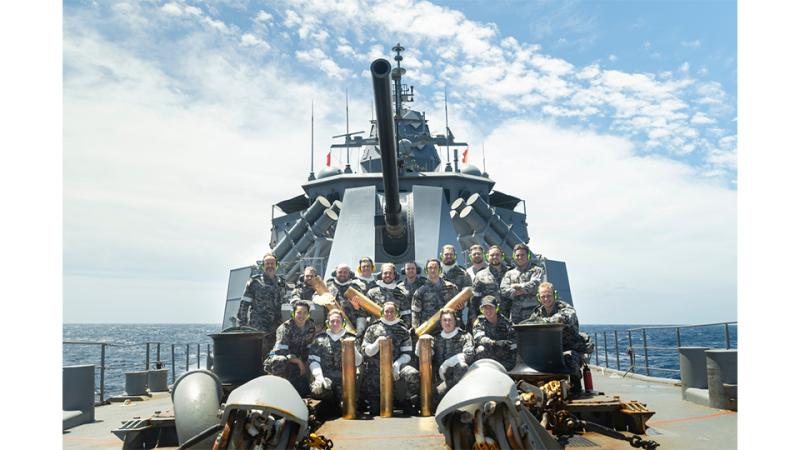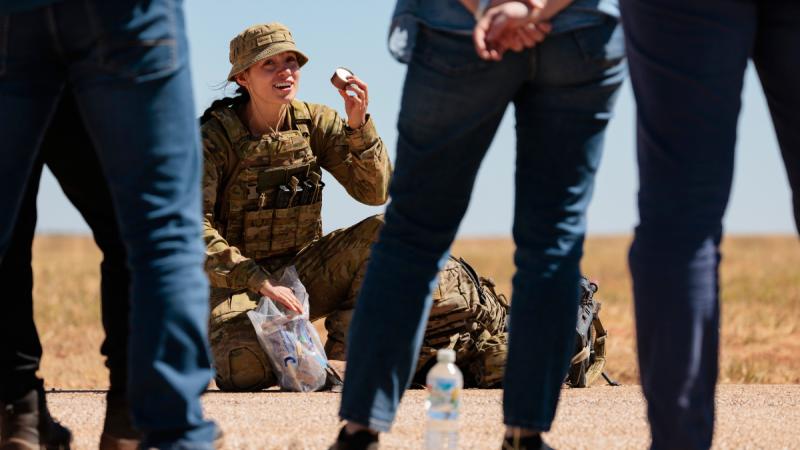5 September 2025
Sometimes, the enemy is microscopic.
Since World War 1, the ADF has been engaged in a battle with an enemy that is small in size but devastating in impact.
Tropical diseases such as malaria, which are spread by mosquitoes, were often more deadly than battlefield casualties.
At Gallipoli Barracks, Enoggera, Queensland, the ADF Malaria and Infectious Disease Institute (ADFMIDI) is leading the world in research into arthropod-borne diseases.
The Institute works under Joint Health Command.
Its mission is to ensure deployed ADF personnel have the best possible protection against tropical diseases. The research is also crucial for vulnerable communities around the world who are at risk from these types of viruses.
To help build partnerships and discuss ways of providing better protection from infectious disease threats, the ADFMIDI hosted international military medical and scientific officers from Cambodia, Laos, Malaysia, Philippines, Singapore, Thailand, Vietnam and the United States earlier this year.
The collaboration of military and civilian tropical disease experts was organised by Lieutenant Colonel Brady McPherson and Major Christopher Peatey, and supported by the ADFMIDI team.
Dennis Shanks has been the director of the ADFMIDI since 2006. His work has been dedicated to the prevention of infectious diseases in military operations, having also served in the US Army before his work in Australia.
“I am immensely proud to provide an opportunity for our allied and partner medical officers to come to Australia to share knowledge, health priorities and different initiatives they are working on to mitigate infectious disease threats in their countries,“ Professor Shanks said.
“We are much stronger working together. This international meeting of tropical disease experts came away with enhanced professional networks, newly identified training opportunities and fresh ideas to tackle infectious diseases across the wider Asia-Pacific region.”
The Australian Government’s commitment to eliminate malaria in the Asia-Pacific region by 2030 involves the ADFMIDI as the World Health Organisation’s regional collaborating centre for the western Pacific.


